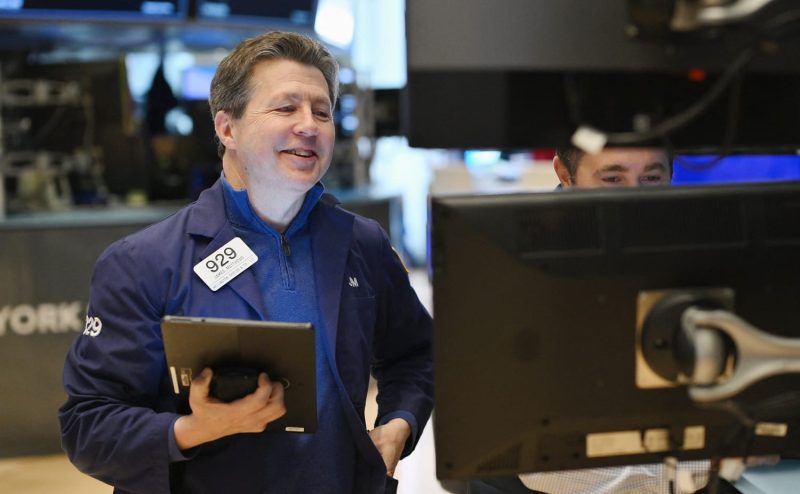
When Bad Economic News Boosts Stocks: Could This Week Flip the Script?
Over the past few years, a phenomenon has been carefully observed by economic and financial market analysts. The paradoxical situation where bad economic news has actually turned into positive sentiments and subsequent rise in the stock market has caught many by surprise. But with the unfolding of events set to occur this week, this peculiar trend might be on the verge of reversal.
In order to decrypt this deviation from standard economic theory, it is crucial to examine the underlying mechanics. Traditionally, bad economic news is connoted with declining business prospects and dropping consumer confidence. These factors, in turn, are supposed to deplore the investor sentiment, leading to a drop in the demand for stocks. However, the opposite has been the contemporary economic landscape, opening a new era of dynamics for the financial market.
The crux of this unusual pattern has been the hyperactive role of central banks around the world. Faced with declining economic indicators, central banks have resorted to slashing interest rates and injecting liquidity into the markets. Lower interest rates incentivize borrowing which in turn boosts business investments. This typically has a ripple effect on the stock market, where increased business activity reflects in better stock options. The markets, thereby, despite negative financial news, have been booming buoyed by the expansive monetary policy.
Moreover, the contemporary finance world has seen a surge in developing digital economies and tech giants. These sectors have shown resilience to traditional economic news, primarily due to their increased relevance in the society irrespective of larger economic circumstances. For instance, the COVID-19 pandemic crippled many sectors; however, the tech industry and digital economies experienced unprecedented growth contributing significantly to the rise of the stock market amid bad economic news.
However, the series of events projected to unfold over the course of the following week might push the markets into a different territory. Central Banks across the globe are deliberating tightening monetary policies, hinting at an era of increased interest rates. The chief among the considerations behind these discussions has been the rising inflation across several major economies.
Higher interest rates can potentially trigger a slide in the value of stocks. This is because the cost of borrowing increases for businesses, which might force them to reconsider their expansion plans. An impending contraction in business activity can then send ripples through the stock market, triggering a slide in stock market values.
Additionally, recovery efforts post-pandemic are likely to be substantial over the next weeks given the resilience shown by manufacturing and service sectors. The anticipated recovery and the change in monetary policy could restore the traditional trend where

